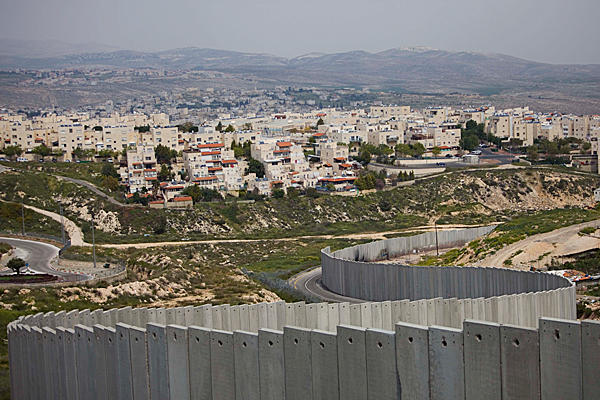Tag: Farmers
-
Firms active in the settlements are facilitating abuses of human rights – UN report says
24th January 2014 | European Coordination of Committees and Associations for Palestine | Brussels, Belgium The UN report is the result of a mission investigating Israeli settlements in the West Bank, including East Jerusalem. Information gathered by the mission shows that private firms have enabled, facilitated and profited, directly and indirectly, from the construction and growth of the…
-
Photos and video: Israeli forces’ gunfire blocks Palestinian farmland in Gaza
22nd January 2014 | Resistenza Quotidiana, Sil | Gaza, Occupied Palestine Since the Zionist occupation forces’ bulldozers had destroyed part of Khaled Qudaih’s field in Khuza’a, east of Khan Younis, he and his family went out to sow it again. The military responded with about half an hour of gunfire, threatening to strike Qudaih directly if he had not…
-
VIDEO: Protesters in Gaza’s “buffer zone” under fire from Israeli forces
17th January 2014 | Institute for Middle East Understanding | Gaza, Occupied Palestine They are young, and they are fearless. In Gaza, a growing nonviolent movement, led predominantly by youth, is challenging Israel’s ongoing occupation of Palestinian lands in the so-called “buffer zone” — a unilaterally demarcated and militarily patrolled area that, according to Harvard researcher Sara…



